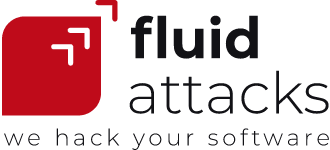| 3 min read
No day passes without cybersecurity incidents. Too often, we read shocking headlines about massive leaks. Last month we learned that a person claimed to have stolen personally identifiable information from the entire population of Argentina and is currently selling all this data. Enough time has passed since this early claim so that reporters have got ahold of the alleged threat actor. Reportedly, it may be true that they have the entire database, which means more than 45M people may be compromised. Not only that, but apparently this same individual was involved in previous notable leaks in the country.
Data of more than 45M compromised
Initially, the new leak got public attention as someone under the handle @aniballeaks published the national ID card photos and Trámite number of at least 44 Argentine public figures on Twitter. Among those whose information was compromised were famous soccer players Lionel Messi and Sergio Aguero, but also the president of Argentina, Alberto Fernández. That Twitter handle is a variation of the one used in a previous leak in September (we’ll get to that), which was chosen as a taunt to Argentina’s Minister of Security Aníbal Fernández. The account @aniballeaks is now suspended. Argentine security researcher Javier Smaldone suspected early on that the photos were most probably from the National Registry of Persons (RENAPER in Spanish). He was later proven right.
On October 10, the threat actor posted in a well-known hacking forum, offering to sell "all the data in the national identity document (DNI) of any person in Argentina." The stolen database contains names, home addresses, birthdays, Trámite numbers, citizen numbers, government photo IDs, labor identification codes, ID card issuance and expiration dates. Out of these, the most sensitive seems to be the Trámite numbers. This number is asked by various institutions to concede personal loans or to complete remote transactions.

Forum post where data is being offered for sale. Source: therecord.com.
It was only on October 13 that the Ministry of Interior issued an official statement confirming that the images were taken from the RENAPER. In this statement, it was informed that credentials assigned to the Ministry of Health were used for leaking images pertaining to the national identity documents. (Many institutions, such as the Ministries of Health, Transport and Security, rely on the RENAPER for identity validation purposes.) It was also informed that the RENAPER cybersecurity team was able to determine that 19 of the images had been consulted at the same time they were being posted on Twitter. But also, according to the specialists, the incident was not a result of unauthorized access and there was no massive leak. Yikes! What was found later proved that was not the case.
And the attacker’s name is…
In late October, the threat actor (at this time, we will have to assume it’s the same person) gave some interviews for some media outlets. In an interview for The Record on October 18, the interviewee confirmed that they have the personal information of every Argentine. To prove it, the individual provided the personal details of an Argentine citizen of The Record’s choosing. That personal information included the Trámite number.
In a more recent interview for local news site Rosario3 on October 27, the interviewee went by the name "[S]." This name has been linked to two past breach incidents known as "La Gorra Leaks 1.0 and 2.0." The first breach happened in 2017 when the Twitter account of Patricia Bullrich, then Minister of Security of Argentina, and that of the Airport Security Police were hacked. The second breach was in August 2019 and involved thousands of files that "contained names, surnames, ID numbers, home addresses, telephone numbers, and banking information for [Argentine] Federal Police officers." (Apparently, several people were responsible for this last breach, seeing as two suspects were eventually arrested.) In addition to these incidents, [S] is also linked to the previous "AnibalLeaks," which happened last September. [S] leaked the personal and contact information for almost 1.2M members of the Security Forces and Armed Forces of the Argentine Republic.
So, back to the interview. From [S]'s responses, it can be suggested that he identifies as male. Further, [S] revealed he is a software developer who is involved in cybercrime just as a hobby. He explained that he accessed the RENAPER database using valid credentials, which, according to him, are available for purchase. So as to not raise any suspicion, he downloaded information alternating between different credentials. Further, he admitted to having sold the entire database six times within the week of the interview and the one preceding it. By the way, its price is 0.29 BTC, which equals about 17,700 USD by the time of this entry. As a way to avoid leaving traces with cryptocurrency transfers, he exchanged Bitcoins for Monero (XMR). He says it’s impossible to catch him.
Argentina, hammered
In the latter interview, [S] says he expects the entire database will be in circulation in a matter of months. Now, Argentine citizens are open to all kinds of scams, the most threatening being financial fraud. [S] mentioned that maybe this would make people aware that their government is not safeguarding their personal data. Indeed, this also needs to be a warning to every country’s government. They need to take every precaution, keeping the mentality that any day they may be breached.
Share
Recommended blog posts
You might be interested in the following related posts.











